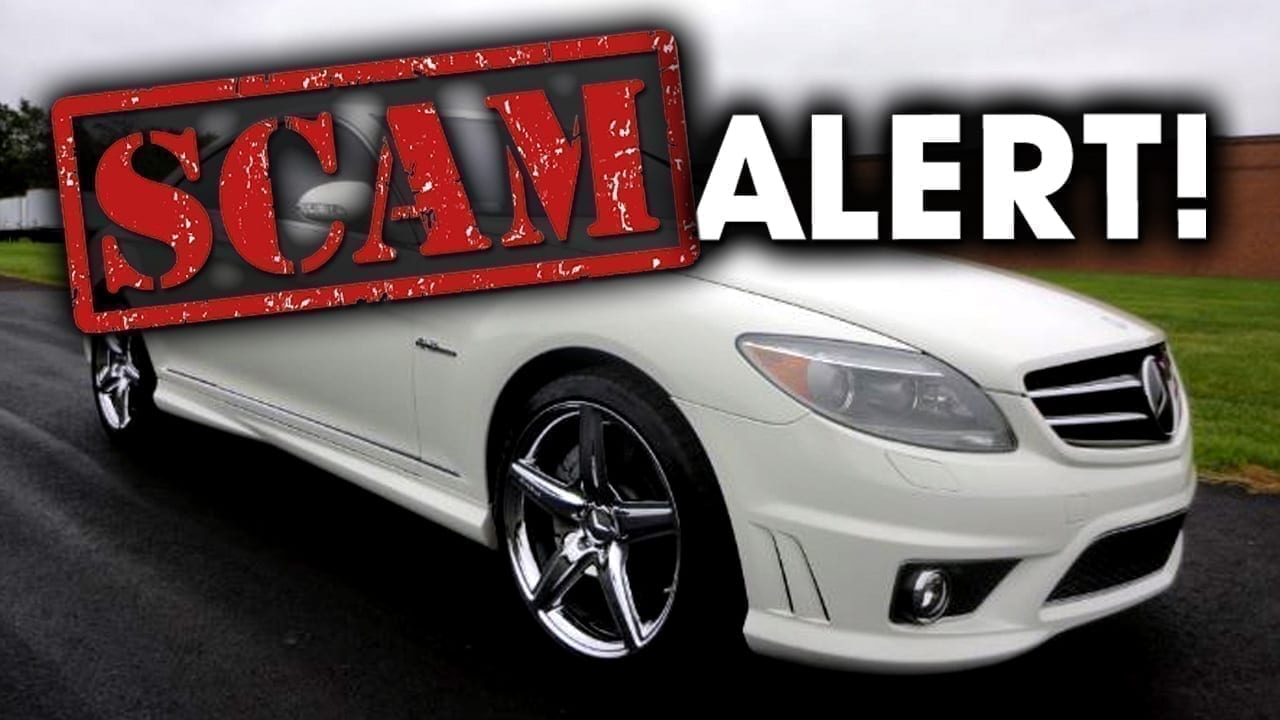
BBB Warning: Vehicle title scams
Salt Lake City, UT — Selling a car is a complicated process. People often try to capitalize on the process by looking for private buyers rather than trading in at dealerships. But, posting on open forums can make you vulnerable to scammers. Knowing how to spot these scams could save you time and money.
“There can be a monetary benefit when you sell your car yourself. The problem is this leaves you vulnerable to scammers who want to take advantage of you,” said Jane Rupp, President, and CEO of BBB Serving Northern Nevada and Utah.
Better Business Bureau (BBB) has noticed an uptick in used car scams on classified advertisement websites such as KSL and Craigslist. The scam usually works like this:
A potential buyer may ask to see a vehicle history report. It’s usually a reasonable request, but it’s also the premise of a current scam. Scammers will message sellers and offer low prices, but ask that the seller get a vehicle report through their chosen website. Once they send the link and sellers purchase the report, the scammers are never heard from again.
This is exactly what happened to Carole Fraze, who reached out to BBB’s Scam Tracker in June. While trying to sell her car, she was contacted by a man asking her to use a specific website to get a report. After purchasing the report, she received nothing and of course, the person who texted her was never interested in the car. But, after doing some more research, she discovered something else:
“What happened is I found out he was the owner of the website,” alleges Fraze. “So I’m guessing he goes around saying he’s interested in your vehicle and asking for the report, so he gets your money.”
Some of these scam sites may simply be a way to steal money from unsuspecting customers. But if the site captures personal information, such as an address, driver’s license number, vehicle identification number and/or credit card information, buying these reports opens up victims to the risk of ID theft. In other cases, the website link itself may be the scam, downloading malware to the victim’s computer.
Fraze lost $26, a small amount compared to some scams, but he got her credit card and personal information along with it.
Tips to Avoid This Latest Scam:
Be wary if a potential buyer asks you to purchase something from a specific website as a condition for a sale. While an interested buyer may want a VIN report prior to purchasing your vehicle, select the site yourself and check it out on BBB.org.
In the United States, the National Motor Vehicle Title Information System, a division of the Department of Justice, provides a list of approved providers on their website, vehiclehistory.gov. Insurance carriers, salvage yards, and junk yards are required by federal law to report specific information to NMVTIS.
The following information is available through NMVTIS:
-
Information from a vehicle’s current title
-
Information about the status of the vehicle, such as whether it’s been classified as “junk,” “salvage” or “flood”
-
The latest reported odometer reading
-
Reports of the vehicle being transferred or sold to an auto recycler, junk yard, or salvage yard
Scams to avoid when selling your vehicle:
Selling your car or truck through an online classifieds site may help you fetch a higher asking price. Unfortunately, independent sellers are often targets of current scams. In addition to the vehicle report scam, be sure to look out for these common warning signs:
-
Check or money order sent for more than the price of the vehicle. The buyer requests that you ship the car or truck and keep the overage. Checks or money orders should be confirmed as legitimate before the vehicle is delivered. See BBB.org/FakeCheckScam for more information.
-
Buyer offers full payment without even seeing the vehicle.
-
Buyer offers to pay through eBay’s Vehicle Purchase Protection program, when buying the vehicle through another website. eBay calls this fraud, and says their Vehicle Purchase Protection covers only certain vehicle transactions that are completed on eBay.com.
For More Information
Read more about online sales scams on BBB.org. If you’ve been a victim of a vehicle purchase scam, help others avoid being scammed by filing a report with BBB.org/ScamTracker.
Learn more about current scams and how to avoid them at BBB.org/ScamTips. Subscribe to BBB’s Scam Alert emails for weekly updates on the latest scams.
About BBB:
For more than 100 years, the Better Business Bureau has been helping people find businesses, brands and charities they can trust. In 2019, people turned to BBB more than 183 million times for BBB Business Profiles on nearly 5.8 million businesses and Charity Reports on 11,000 charities, all available for free at BBB.org. Today, BBB serving Northern Nevada and Utah is supported by just over 4,100 Accredited Businesses that have voluntarily committed to adhere to BBB’s Standards of Trust.



